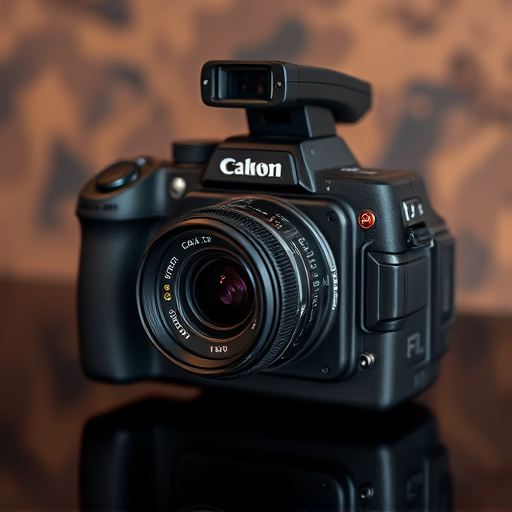Police body cameras (wearable surveillance devices) have become crucial tools in law enforcement, enhancing public safety and accountability by capturing first-person perspectives of patrols and interactions with the public. With HD video, audio, and data transmission features, they serve as impartial witnesses, aiding in training, misconduct investigations, and strategic decision-making. However, privacy advocates raise concerns about over-surveillance and data misuse, underscoring the need for responsible use of these powerful tools. The global body camera market has seen significant growth due to increased adoption by law enforcement and civilian users, with advanced models offering high-definition video, compact designs, night vision, water resistance, and improved battery life. When choosing a body camera for sale, key factors include quality, resolution, battery life, and ease of use.
In today’s era of heightened scrutiny, police body cameras have emerged as a game-changer in law enforcement. This article explores the multifaceted impact of these wearable devices, delving into their benefits, functionality, and ethical considerations. From enhancing transparency to fostering trust between officers and communities, body cameras are reshaping policing strategies. Additionally, we guide readers through the market landscape, highlighting popular body camera options available for purchase—a crucial aspect for those seeking to invest in this technology.
Understanding Police Body Cameras: Benefits and Functionality
Police body cameras, also known as wearable surveillance devices, have emerged as a significant tool in law enforcement, offering both benefits and functionalities that enhance public safety and accountability. These compact cameras are designed to be worn by officers during their patrols, providing a first-person perspective of interactions with the public. With advancements in technology, body cameras for sale now come equipped with high-definition video recording, audio capabilities, and even data transmission features.
One of the primary advantages is improved transparency and oversight. Body-worn cameras capture real-time footage of police operations, ensuring that every interaction is recorded and potentially act as a neutral party’s witness in case of disputes or allegations. This technology empowers both officers and citizens by fostering trust and enabling fairer assessments of situations. Additionally, these cameras can aid in training and debriefing, providing valuable insights for force improvement and strategic decision-making.
The Impact and Ethics of Body Cameras on Law Enforcement
The introduction of police body cameras has significantly altered law enforcement dynamics, offering both benefits and ethical dilemmas. These wearable devices have become a popular tool for enhancing accountability and transparency in policing. By capturing real-time video footage of interactions between officers and citizens, body cameras provide an objective record that can be invaluable in cases of misconduct or controversial incidents. This technology enables better documentation, evidence collection, and post-incident analysis, ultimately supporting fair decision-making processes.
However, the ethical implications are complex. Privacy advocates raise concerns about the potential for over-surveillance and data misuse. Balancing the need for accountability with individual privacy rights is a delicate task, especially when considering that body cameras capture sensitive information. Furthermore, the presence of these cameras may impact officer behavior, leading to altered tactics and strategies. The market for body cameras has grown, offering various options, including advanced models with enhanced features, catering to law enforcement agencies’ diverse needs. As technology advances, it is crucial to establish clear guidelines and regulations to ensure responsible use, addressing both the benefits of increased transparency and the ethical considerations surrounding this powerful surveillance tool.
Body Camera for Sale: Exploring Options and Market Trends
The market for body cameras has seen a significant surge, driven largely by their adoption by law enforcement agencies worldwide. As body camera technology advances, more options are available to both professional and civilian users alike. When considering a body camera for sale, several factors come into play. Quality, resolution, battery life, and ease of use are key aspects that prospective buyers should evaluate based on their specific needs. Modern body cameras offer high-definition video recording, allowing for clearer footage which is crucial for evidence preservation and analysis.
The trend towards more compact, lightweight, and user-friendly devices is evident among the latest models. Many brands now cater to a diverse range of consumers, from public safety professionals to concerned citizens interested in personal privacy and documentation. With an extensive selection of body cameras for sale on the market, understanding one’s requirements becomes paramount. Features such as night vision capabilities, water resistance, and long-lasting batteries are increasingly sought after, reflecting the evolving needs of camera users.
